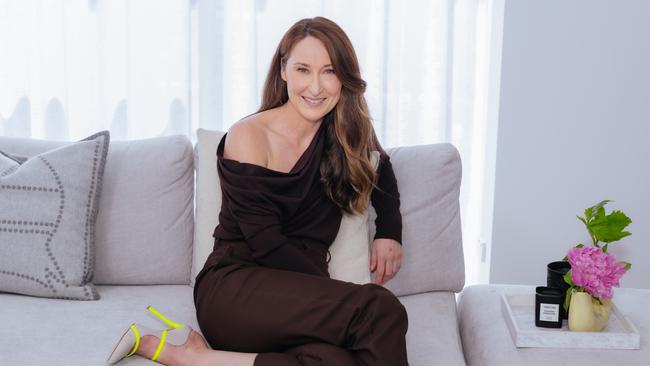Multiplying money: how just $10 a day can turn into big bucks
Diverting some extra money daily into debts, investments or superannuation can deliver huge dividends. Here’s how.

Ten bucks a day is not a huge financial drain for many Australians – it can be a couple of coffees, a bought lunch, drink at the pub or 13 minutes’ work based on the nation’s average hourly wage of $46.57.
However, divert $10 daily into debt reduction, savings or investment, and the financial benefits can multiply massively.
How does $1.06 million sound?
That’s the potential outcome of pumping $10 a day for 40 years into growth assets earning an average annual return of 8 per cent, according to moneysmart.gov.au’s compound interest calculator. It does not take into account the impact of inflation, but illustrates the power of compounding returns.
Financial educator Melissa Browne says small regular contributions are a great way to start investing and build financial confidence.
“Too many people think that small amounts that are invested or used to pay down debt don’t matter – but they absolutely do,” says Browne, founder of My Financial Adulting Plan.
She says the best place to put the money varies between each individual.
“If you had bad debt that you were paying 20 per cent interest on, then that might be the smartest place for it,” Browne says.
Others might build a financial buffer bank account holding three months’ expenses, or start investing through micro-investing apps, she says.
“What I would not want to see is it just sitting in cash in a bank account if you weren’t saving for a short-term goal. Otherwise, your money would be going backwards.”

SAVING
Some savings accounts are paying more than 3.5 per cent interest following a string of Reserve Bank interest rate rises this year. That is still well below the official inflation rate, currently at 6.1 per cent and heading higher, but returns on cash are at least higher than they were six months ago – and rising.
Based on a 3.5 per cent interest rate, a $10 daily injection into a savings account will grow to $7540 after two years, $19,870 after five years, and $43,522 after 10 years – before inflation and tax take a bite.
INVESTING
Growth assets such as shares and property are volatile, but have been proven performers over the long term.
Turning a daily $10 into $1 million-plus will probably take decades, and there are many platforms, apps, online brokers and investment tools to help people start investing with small amounts.
SUPERANNUATION
Super is the ultimate long-term investment, with your money locked away until retirement.
For this reason, some advisers prefer people – especially those aged under 40 – to invest outside of super and pay down debt, but some super incentives make it worthwhile to inject a little more.
For example, the co-contribution scheme for people earning under $57,000 a year pays up to $500 extra into your super fund if you put $1000 of your own money in each financial year.
Super also has huge tax benefits, with income and earnings completely tax-free after age 60 for many people.
CREDIT CARDS
The average interest rate on a credit card is almost 20 per cent, which means someone owing $5000 is paying $1000 a year without reducing their overall debt.
Putting $10 a day towards this will wipe it out within two years.

HOME LOANS
Mortgage broker Finspo’s CEO, Angus Gilfillan, says small extra home loan repayments make a big difference because they also reduce the overall interest paid.
“By paying an extra $70 off their mortgage each week, an Australian with a $500,000 owner-occupier home loan with a 30-year term could save $64,000 over the life of their loan, plus be able to pay off their home loan five years and eight months faster,” he says.
“Just be sure to check whether there are any restrictions associated with making extra repayments on your loan.”
Ben Le Ralph and wife Jacinta recently refinanced their mortgage and are making extra repayments.
“All the extra money is going into our offset account, so we are paying down the loan faster, while also keeping access to the money just in case we need it down the track as we scale up our small businesses and start our family,” he says.






To join the conversation, please log in. Don't have an account? Register
Join the conversation, you are commenting as Logout